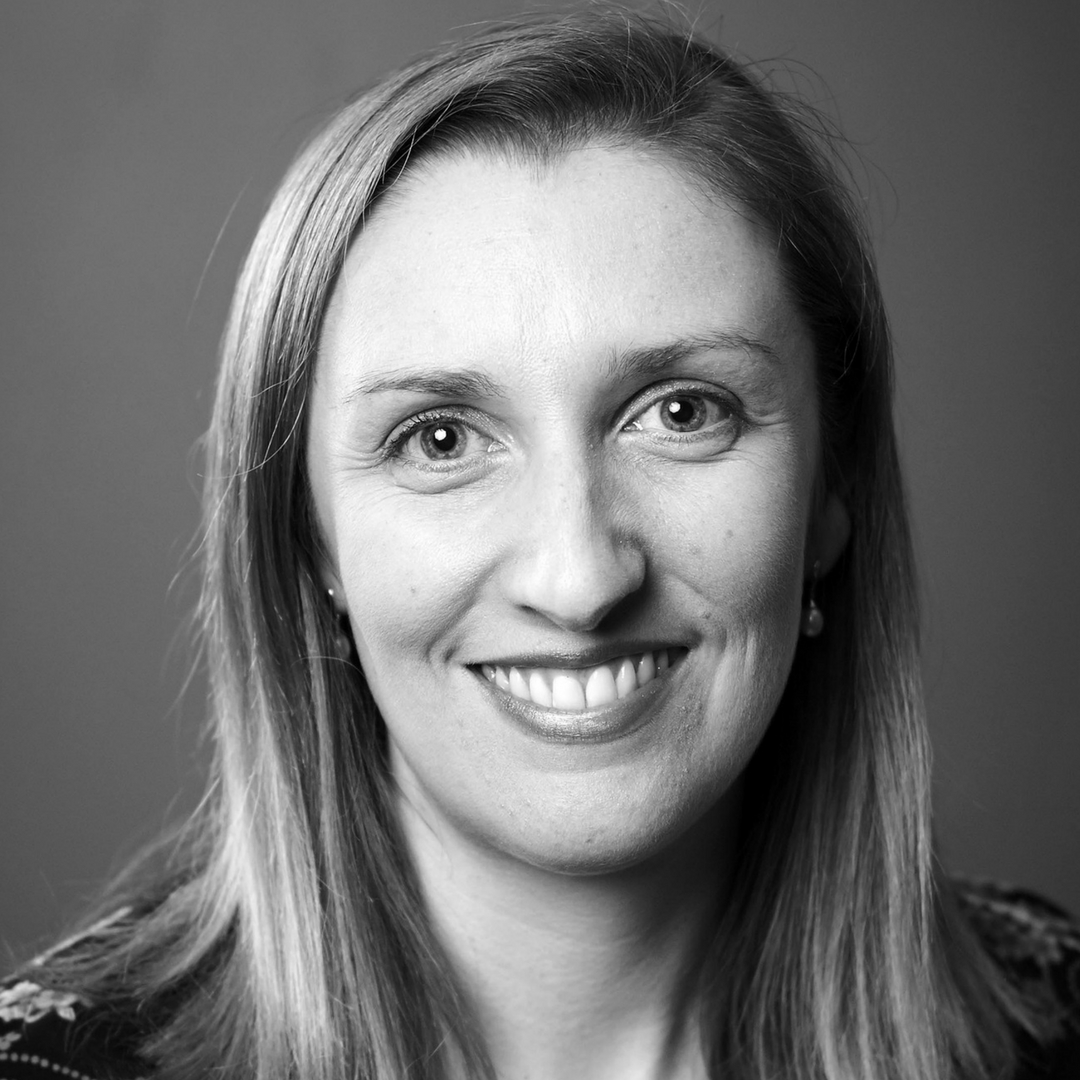We recently chatted with Heather Black, Managing Director and Founder of Economic Change CIC, a consultancy in London that helps nonprofit clients improve their business processes using Salesforce and other tools. Keep reading to learn more about their services and how they use FormAssembly with clients.
consultancy in London that helps nonprofit clients improve their business processes using Salesforce and other tools. Keep reading to learn more about their services and how they use FormAssembly with clients.
What kind of services does Economic Change provide?
“We focus on nonprofit organizations. Any good implementation needs to take into account business strategy and management processes, and then create a system that very much aligns and supports those processes.

We have qualified business analysts who help a team to review what they’re collecting, how they’re collecting it, and look at helping charities go digital. That’s a big agenda in the UK right now, as I’m sure it is elsewhere. It’s really about helping charities engage and use digital tools, which include Salesforce and third-party apps such as FormAssembly, to help streamline what they collect and reduce administration, which supports the customer experience but also the team efficiency and coordination as well.”
What clients does Economic Change work with and what goals are they trying to achieve?
“Our core client group is mainly charities and social enterprises. At the moment in the UK there’s increasing need to look at how you’re cost-efficient, so reducing admin costs; but there’s also an increasing need to show that there’s a great customer experience and that you’re improving that journey and being competitive as an organization. And also data security as well; so making sure that data is secure within a system that it’s collected using secure forms, and that that is all protected. Those are the three key agendas that our clients have. When they say we need a solution, that’s what they’re trying to solve.”
How do you use FormAssembly with your clients?
“Clients will use FormAssembly in various ways. Examples might be collecting beneficiary information, so maybe a registration form, a diagnostic form, a feedback form. So it’s collecting information from people in different stages of their journey to find out what their needs are, what their goals are, what their demographic information is, to find out how what they’ve felt about the support so far and the impact it’s had on them. So, we’re collecting output data and outcome data and all of this data is then channeled back into the system and into Salesforce to help create dashboards and produce impact reports to assess how well the support is doing, whether it’s achieving the impact that it set out to achieve.”
“Similarly there are a lot of stakeholders that are involved in this process working with beneficiaries, so we’ve used FormAssembly to help volunteers feedback their information. So the volunteer might be working with a beneficiary in their community. We use FormAssembly for volunteer applications. We then use these forms to send a volunteer a form to complete about their work with a beneficiary, how many hours they’ve done with them and what they felt was the key outcome of that session. It’s just really about being able to a give a way for the beneficiary and external stakeholders to get involved in this whole process; to do their own admin, if you like, and to be able to put data into the CRM without using email and documents and paper forms.”
Who are some of the Economic Change clients that use FormAssembly?
“The Shaw Trust is one example of an organization that uses FormAssembly. They used to have a Word document that people would download for volunteers, and now they have an online form for volunteers. When a volunteer expresses an interest, they fill out the online form and it populates in the system.”
Hannah Thompson, Supporter Development Manager at Shaw Trust on How FormAssembly Has Helped Them
Moving from a paper-based volunteer application system to using Salesforce to manage our volunteer application process, it made total sense to use FormAssembly, given how seamlessly it integrates with Salesforce. Using online forms makes it far easier for us to collect, store and analyse applicant data, means we need less physical space to store forms and it brings our processes in-line with how today’s charity supporters expect to submit their data.
We have also used Form Assembly to build various other data capture forms within our volunteer application process, again meaning applicants can more easily give us their information. And, as Form Assembly becomes integrated into our way of working, we have plans to further expand our use of it to make it easier for our supporters to engage with us.
Economic Change first introduced us to Form Assembly, setting up our first tranche of forms, and giving us support and guidance on how to create more. We have also found the help and training articles and videos provided by Form Assembly, as well as the ‘chat’ support function, extremely valuable to troubleshoot issues we came across.
Using online forms through Form Assembly has undoubtedly made it quicker and easier for people to apply for our volunteer roles, meaning we have seen an improved flow of applicants to our volunteer positions.
What are some benefits that Economic Change clients have experienced?
“The customers of Economic Change that also use FormAssembly have experienced several benefits, including quicker response time from stakeholders, better data integrity and validation, improved data collection and security, and consistency in processes and communications.”
Why is FormAssembly a great solution for your nonprofit clients?
“It’s been good for clients because of the mobile optimization. Its cost is relatively affordable to our sector compared to other solutions. It’s easy to integrate into all the Salesforce objects, which is obviously what you want from an online form solution that integrates to Salesforce. It just provided a range of options, and it’s an affordable price point that makes it cost-effective for people to use.”
Thanks to Heather for sharing information about her organization! Find out more about Economic Change on their website.
Interested to learn more about how we work with partners to help their nonprofit clients? Download our free whitepaper.



